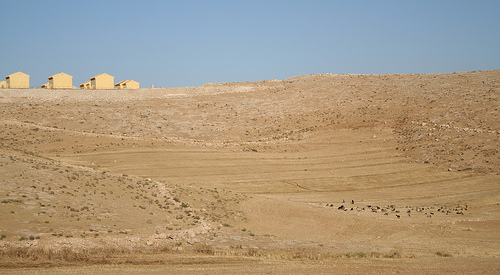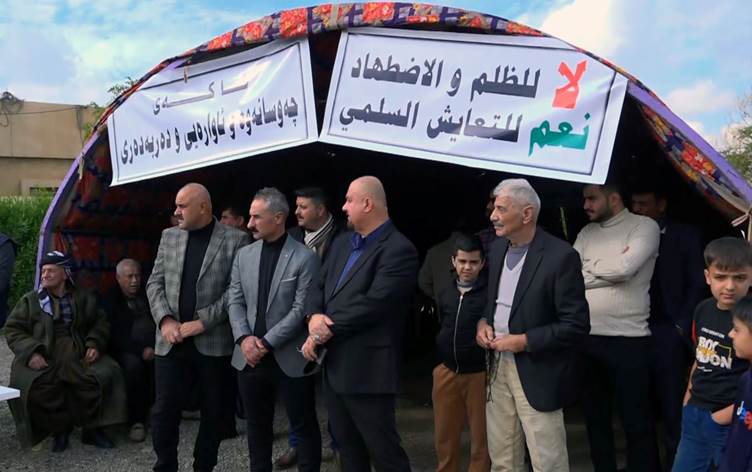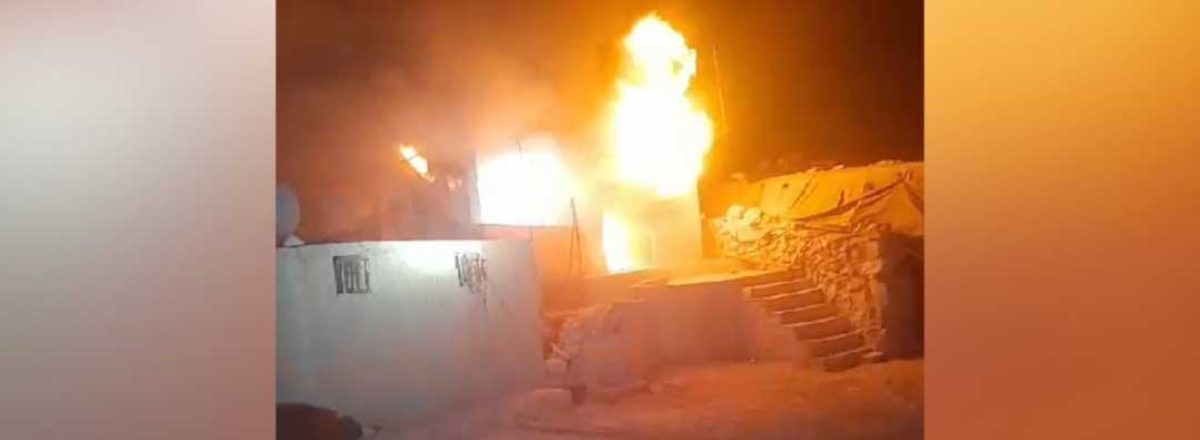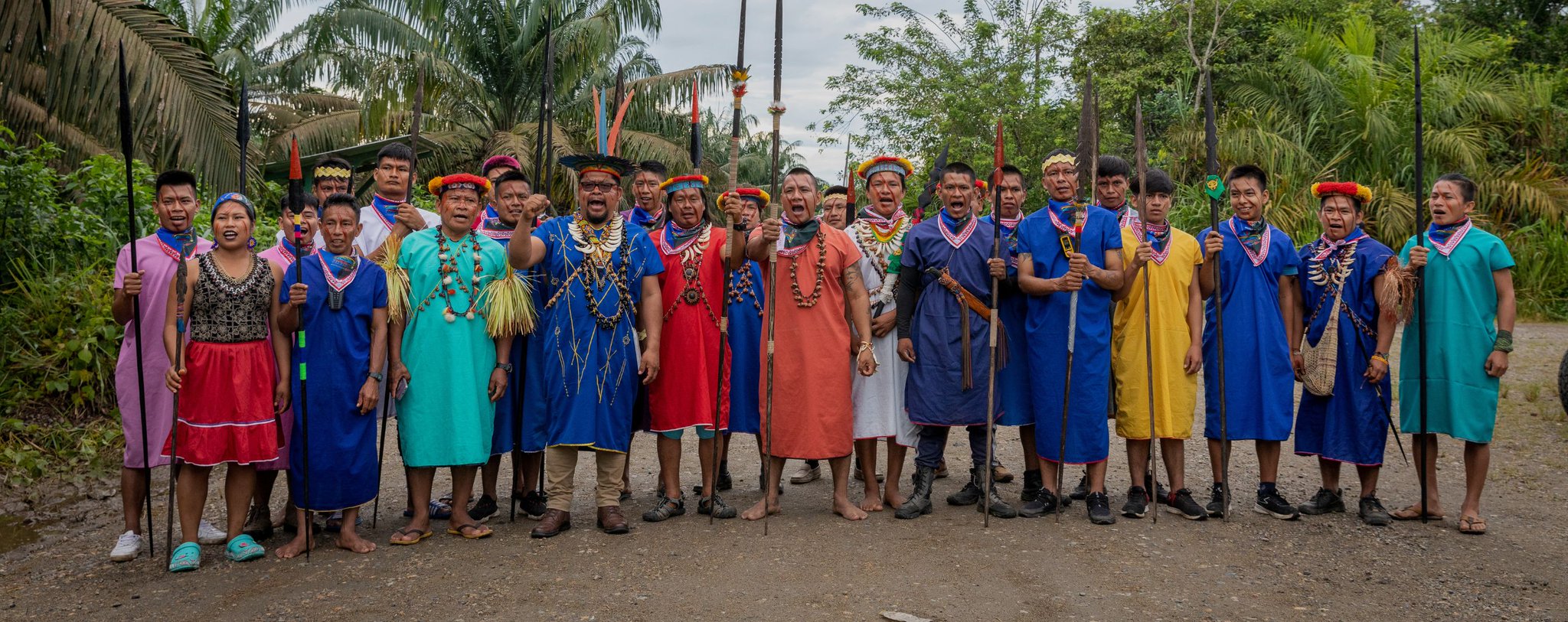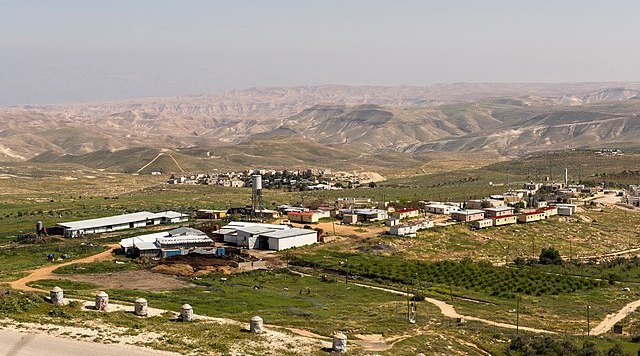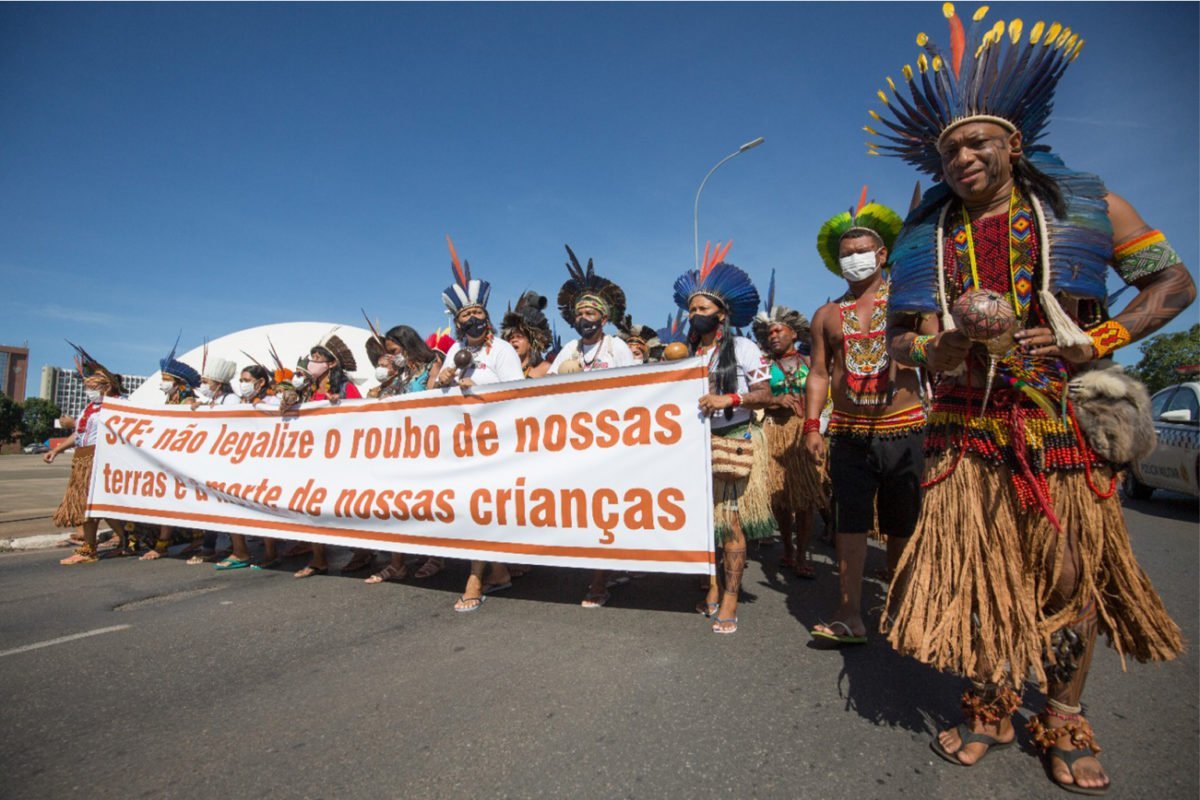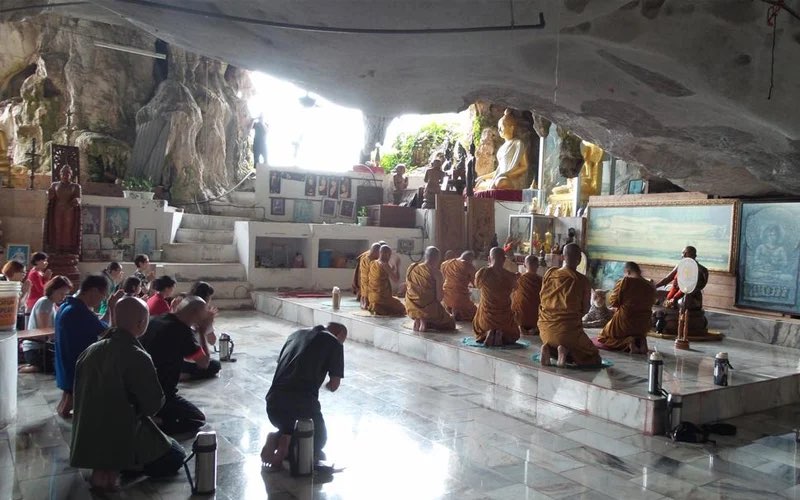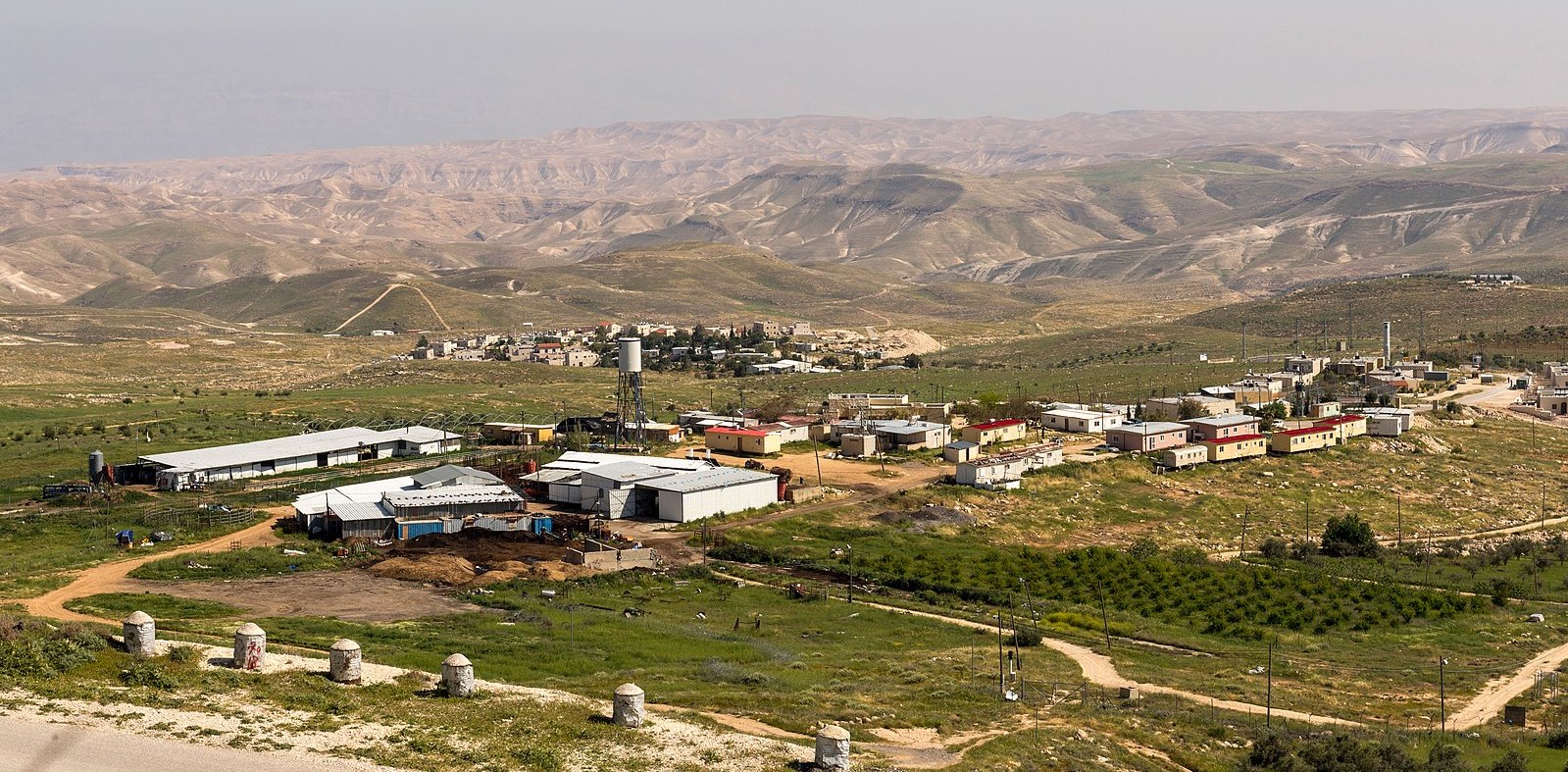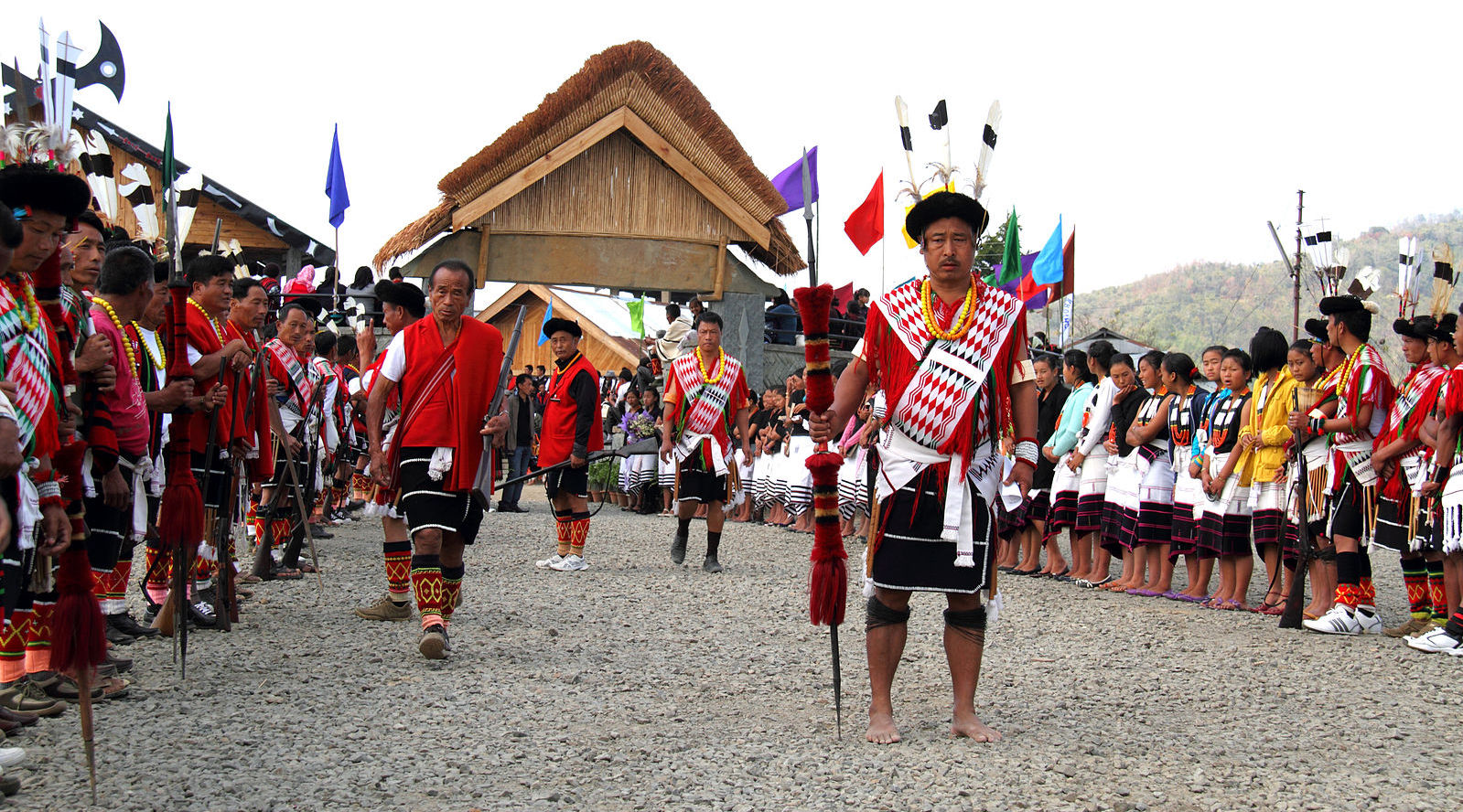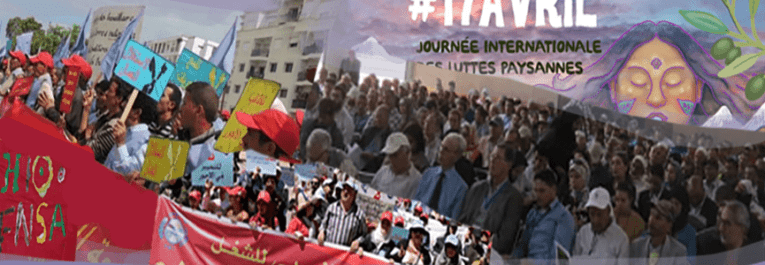
World peasant movements mobilize for UNDROP
The world organization for land-rooted peasant farmers, Vía Campesina, launched an international campaign for full approval of the UN Declaration on the Rights of Peasants & Other People Working in Rural Areas (UNDROP), and for implementation of policies in line with its principles. Several events were held around the world marking the International Day of Peasant Struggle. El Salvador was one of the first countries to commit to ratifying UNDROP after it was adopted by the UN Human Rights Council in 2018. However, Vía Campesina affiliates in the Central American nation accused the government of pursuing policies contrary to its spirit, noting that in the years since then, there has been a reduction in cultivated areas of maize and beans, with a loss of at least 10,000 hectares of maize. (Image: Vía Campesina)



